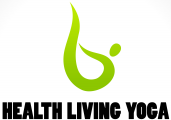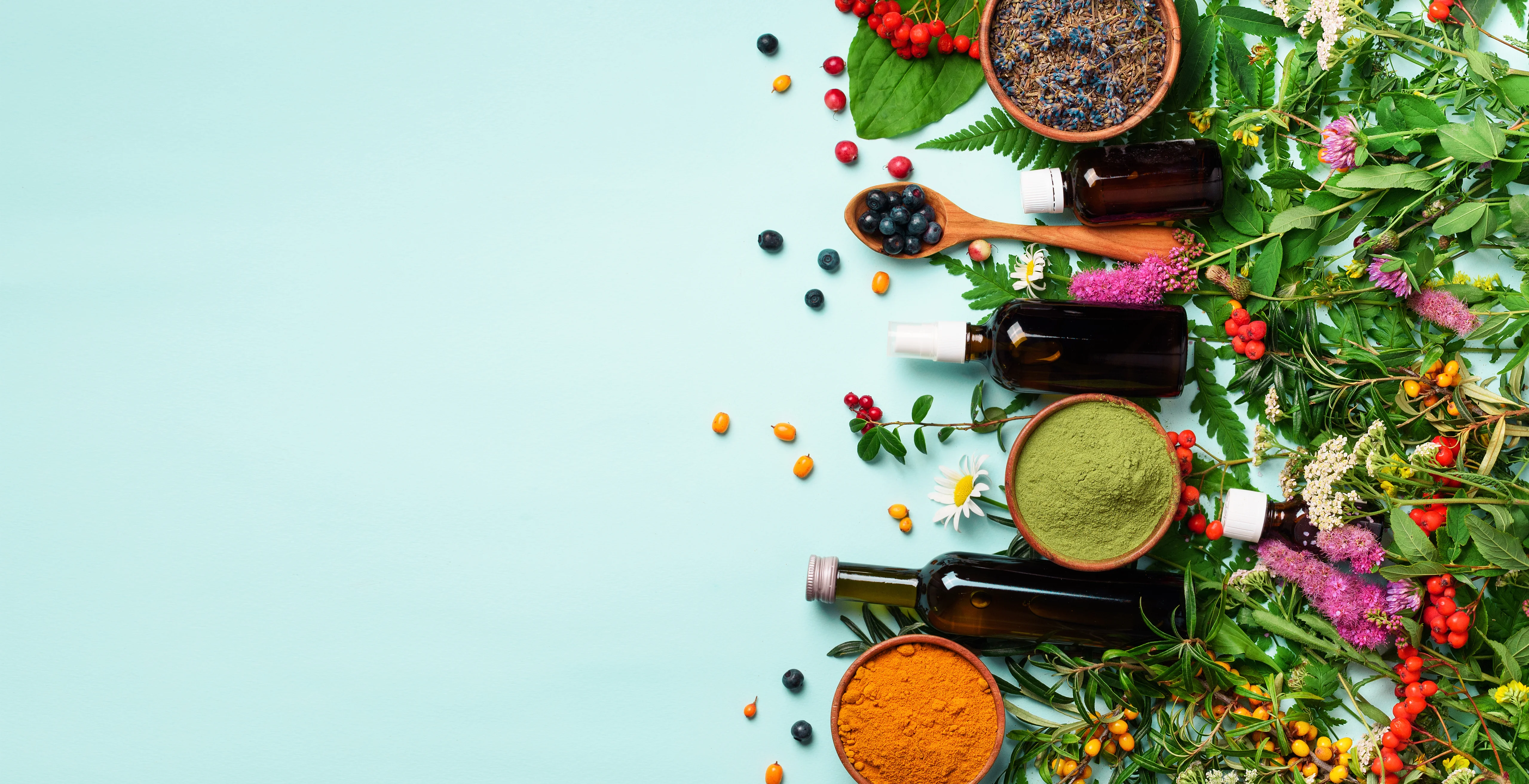You may be among the millions who take vitamin supplements as recommended by your physician to lower the risk of certain diseases or combat vitamin deficiency. However, if you are one of those who feel proactive about your health and pop vitamin supplements available in the market everyday just because they claim to improve your body immunity and health, please read this article.
Do You Need Vitamin Supplements?
The truth is most people do not need vitamin supplements as you easily get them by Eating a healthy and balanced diet.
1. What Is Vitamin and Why Do We Need Vitamins
Vitamins are essential nutrients that our body needs in small quantities to perform several vital functions: converting food into energy, cellular damage repair, wound healing, boosting the body’s immune system, building protein and cells, shoring up bones, etc.
Nevertheless, if you choose to take vitamin supplements without a doctor’s recommendation, you may end up taking too much for too long, which can be harmful.
2. Health Consequences Of Vitamin Overdose
There are 13 essential vitamins and 16 minerals that you consume from a well-balanced diet. Besides, our body prepares vitamin D in the presence of sunlight. Some people who cannot meet the nutritional requirement through diet alone find vitamin supplements a good alternative. In general, multivitamins are safe and are free of side effects if taken as directed.
3. Common Side Effects of Multivitamins
Common side effects of vitamin supplements include diarrhoea, nausea, upset stomach, and constipation. These side effects are temporary and minor and disappear as your body gets used to taking multivitamins.
However, suppose you take multivitamins without a doctor’s recommendation. In that case, if you are not deficient or eat significant amounts of fortified foods, you are at the risk of vitamin overdose.
4. What Is Vitamin Overdose
Vitamin overdose happens when a person ingests more than the daily of recommendation vitamins for a long time.
The negative effect of large doses of a few vitamins include nausea, bloody stool, diarrhoea, headache, fever, fluid build-up in the lungs and can prove to be toxic.
Below is the list of vitamins that, if taken in excess, can have toxic side effects. We have also included the symptoms of their overdose:
- Vitamin A – Excess of vitamin A leads to liver damage, hair loss, blurred vision, dry skin, vomiting, and bone pain.
- Vitamin E – Too much vitamin E interferes with the ability of the body to form a blood clot and is more harmful to people on blood-thinning medicines.
- Vitamin B6 – An overdose of vitamin B6 can cause nerve damage.
- Vitamin B3 – Excess of Vitamin B3 leads to nausea, jaundice, and elevated level of liver enzymes.
- Vitamin D – Symptoms of vitamin D overdose include abnormal heart rhythm, constipation, confusion, and muscle weakness.
It will help if you acknowledge that there is no real advantage in taking the vitamins and minerals beyond the daily recommended dose. In addition, you need to understand that the best way to get essential vitamins is always through food.
How To Get Recommended Daily Amount Of Vitamin From Healthy Food Instead 0f Vitamin Supplements
Instead of taking multivitamins routinely, try to eat three healthy meals and snack in between the meals to get the essential minerals, vitamins, and other nutrients that your body needs.
1. Eat plenty of fruits and vegetables
Aim to include two or more servings of vegetables and fruits. Eat green leafy vegetables. Enjoy a plate of salad for lunch or dinner several times a week. Instead of unhealthy fast food, eat fresh fruits in-between the meals.
2. Whole grains
The whole grains deliver complex carbs and protein and are rich in vitamins such as vitamin E, folate, thiamine, and niacin. In addition, whole grains are a rich source of Manganese magnesium, iron, and zinc.
3. Low-fat dairy
Low-fat dairy products such as yogurt and milk provide you with nutrients such as calcium, potassium, magnesium, and all essential vitamins except Vitamin C.
4. Pulses
Pulses rich in protein are also rich source of vitamin B.
5. Meat and Egg
Foods from animal sources contain vitamin B12 and vitamin B6 deficient or significantly low in vegan foods. Egg yolk is a rich source of protein, calcium, iron, and vitamin.
The chances of vitamin overdose from food alone is meagre, but you need to think twice about the supplements or fortified foods and drinks you are taking.
The daily-recommended amount of vitamins depend upon your optimum health. Remember, pills are never a shortcut to prevent chronic diseases and better health. Other nutritional recommendations such as maintaining a Healthy weight, exercise, eating a balanced diet including foods from all food groups, and reducing the amount of sodium, trans fat, saturated fat, and sugar in your diet have much evidence of health benefits.
Still, if you experience any health issues, instead of assuming you are vitamin deficient and start popping vitamin supplements, consult your doctor for a health check-up and evaluation. After health assessment, if required, your doctor will recommend the doses of multivitamins in a safe range.







